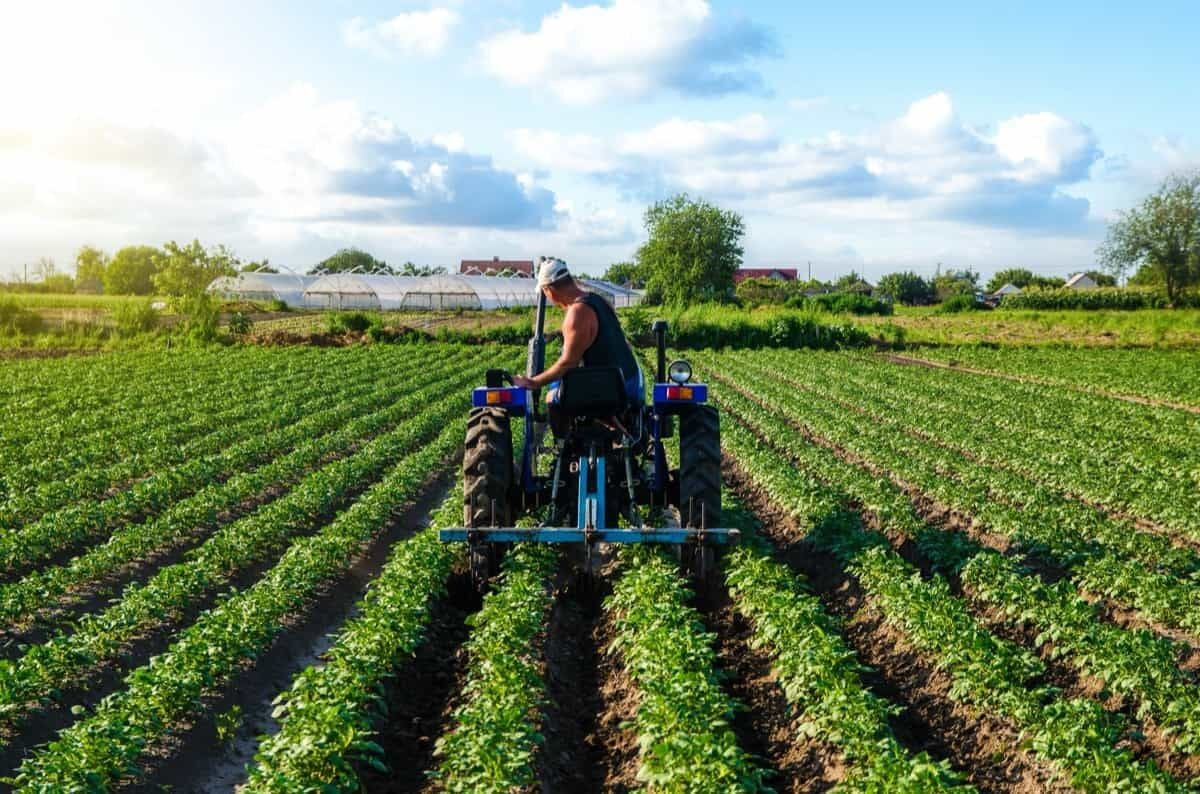Lay’s chips in: PepsiCo to grow revenue by 15% for Thai farmers

Pepsi-Cola (Thai) Trading Co (PepsiCo), the producer and distributor of Lay’s potato chips, has intensified efforts to boost agricultural productivity among its 5,800 contract farmers, aiming to increase revenue by 15% for 35% of these farmers by 2030.
General Manager of Indochina Foods and Chief Commercial Officer for Asia-Pacific, Sudipto Mozumdar highlighted the challenges posed by climate change and rising fertiliser prices due to inflation.
“We use artificial intelligence to analyse data collected by drones that scout farms, check plantation areas, detect pests and evaluate plant diseases, which can help farmers promptly prevent or solve agricultural problems.”
The company’s corporate affairs director for Thailand and Vietnam, Surivassa Sattarujawong, emphasised that scouting drones cover larger areas in shorter periods, reducing the need for manual monitoring, which is labour-intensive and time-consuming.
With the assistance of digital tools, infrared technology for soil health inspection, and the installation of drip irrigation systems, potato yields at 19 demonstration farms in five northern provinces under PepsiCo’s contract have drastically increased from two tonnes per rai to 3.2 tonnes per rai.
Optimistic goals
PepsiCo collaborates with over 5,800 contract farmers, spanning 38,000 rai across 10 provinces in the upper northern and upper northeastern regions of Thailand. These areas, with daytime temperatures between 24 to 26 degrees Celcius (°C) and nighttime temperatures between 14 to 18°C, are ideal for potato cultivation. Mozumdar stated the optimistic goals surrounding the project
“We aim to increase the revenue of 2,030 contract farmers, representing 35% of them, by 15% by 2030,
“The higher the agricultural production, the more revenue farmers will get.”
The collective efforts of these contract farmers result in the annual production of approximately 100,000 tonnes of potatoes, generating a combined revenue of 1.5 billion baht each year.
During the dry season this year, PepsiCo harvested a total of 72,400 tonnes of potatoes and expects to reach 94,000 tonnes by year-end. The remainder was sourced from imports. This local production accounts for more than 70% of the total potatoes used by PepsiCo to produce potato chips.
According to market research firm NielsenIQ, the potato chips market in Thailand was valued at 14 billion baht in 2023.
Government assistance
Mozumdar identified key areas where government assistance is needed to support farmers: consolidation of land banks to maximise agricultural technology use, provision of incentives, loans, and funds for farmers to experiment with new methods, alongside the improvement of infrastructure, such as roads, to facilitate potato transportation, especially from highland areas.
“The Agricultural Ministry should consolidate land banks into larger sizes to maximise the use of agricultural technology.”
PepsiCo’s ongoing commitment to enhancing agricultural productivity and supporting its contract farmers demonstrates its dedication to sustainable farming practices and economic growth in the region, reported Bangkok Post.
Latest Thailand News
Follow The Thaiger on Google News:


























